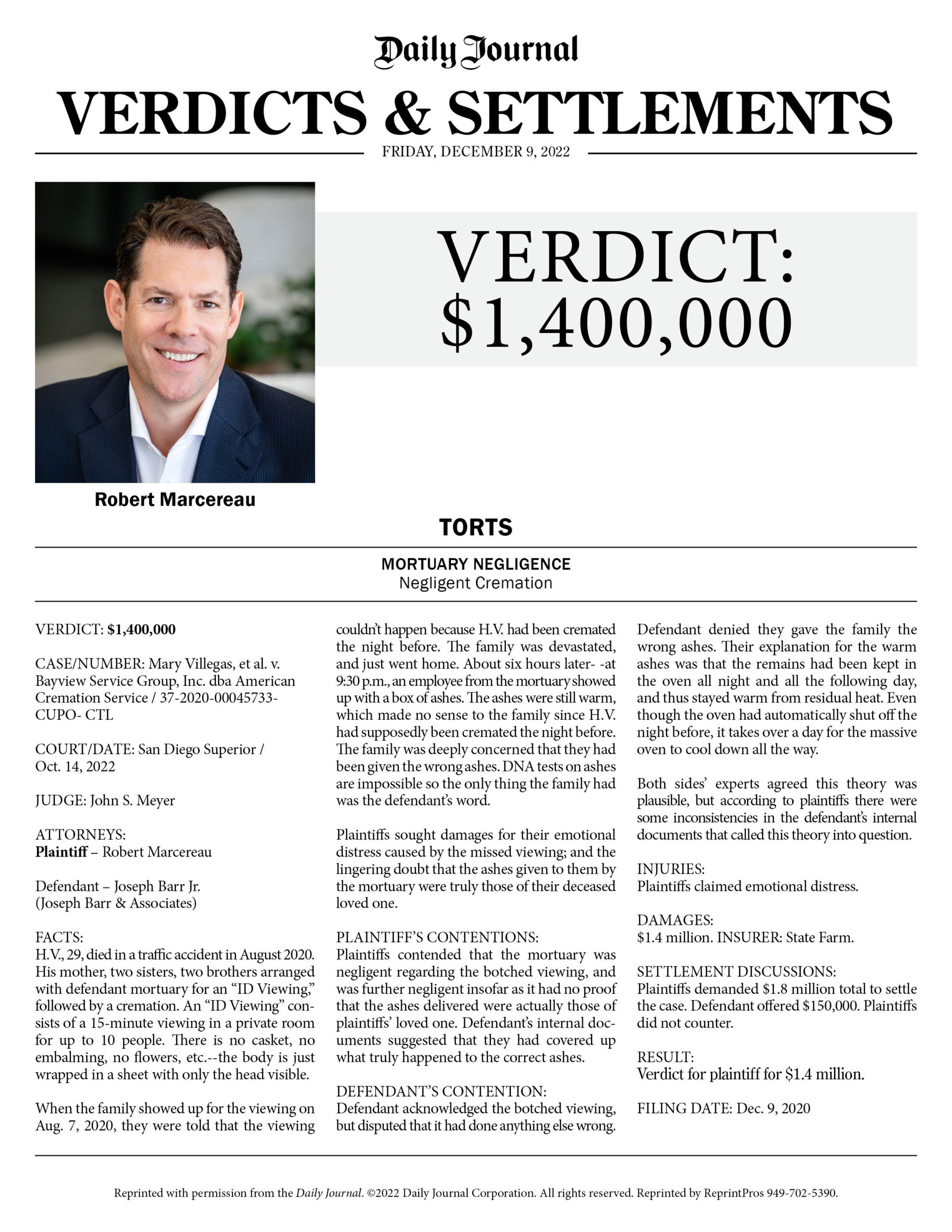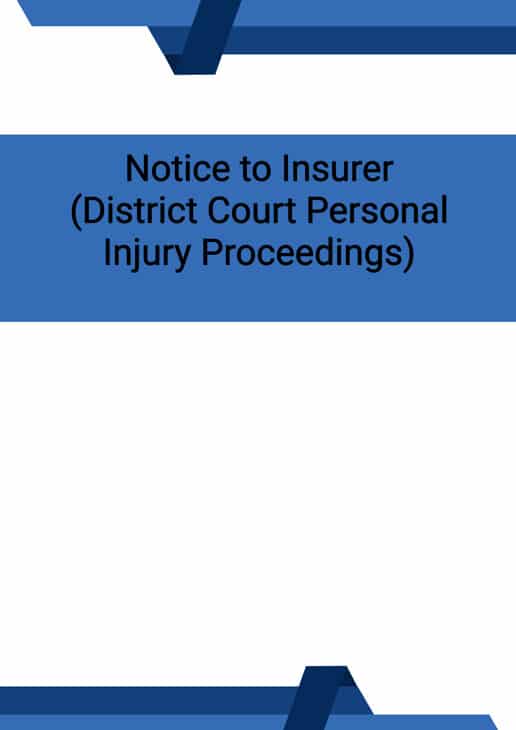Yes. An insurer can be either The plaintiff or The defendant in a legal case. As a plaintiff. The insurer may pursue a claim against an insured for fraudulent activities or unpaid premiums. Conversely. As a defendant. The insurer may face lawsuits from insured parties disputing coverage or claims denial. The insurer’s role in litigation depends on The specific circumstances of The case & The nature of The claims involved. This dual capacity reflects The insurer’s involvement in both protecting their interests & fulfilling their obligations To policyholders.
Can the insurer be the plaintiff or the defendant? Wondering if an insurer can be a plaintiff or defendant? Discover how insurance companies navigate legal battles & what it means for your claims.
Can the Insurer Be the Plaintiff or the Defendant?
Understanding Roles in Insurance Litigation
Insurance litigation varies significantly depending on the roles assigned during disputes. For instance. Insurers may act as either plaintiffs or defendants based on the context surrounding claims. Grasping nuances surrounding these roles helps in deciphering potential outcomes in various situations. The legal implications of being a plaintiff may differ from being a defendant. Influencing strategies employed in each scenario.
Insurers often function as plaintiffs when seeking recovery from third parties responsible for causing loss. This situation. Known as subrogation. Enables insurers to reclaim funds after addressing claims. On other occasions. Insurers find themselves on defensive ground. Responding to claims presented by policyholders dissatisfied with claim handling.
These roles highlight insurance complexities in managing legal relationships while adhering to regulatory frameworks. Recognizing specific scenarios wherein insurers may transition from plaintiffs downgrading status to defendants remains critical for the stakeholders involved. Can the insurer be the plaintiff or the defendant? “Can the insurer be the plaintiff or the defendant”
When Insurers Act as Plaintiffs
Insurers step into the plaintiff’s shoes primarily during subrogation actions. Allowing recovery against parties responsible for policyholder’s losses. This process involves more than just filing a lawsuit; insurers must gather substantial evidence supporting their case. Essential documentation includes police reports. Medical records. And any other items demonstrating negligence or liability on the part of the third party.
Another critical factor relates to policy terms that impact insurers’ ability to pursue subrogation. Insurance companies usually insert subrogation clauses within policies. Establishing rights for recovery after payment to insured parties. These terms often determine the extent insurers may advance claims against third parties. Learn more about subrogation for a deeper understanding.
Insurers must also consider jurisdiction when acting as plaintiffs. Different states may impose distinct laws associated with subrogation. Necessitating careful legal analysis. Awareness of local statutes aids insurers in navigating potential obstacles throughout recovery processes.
When Insurers Act as Defendants
Defendant roles often emerge when policyholders dispute claim outcomes. Policyholders may sue insurance companies for various reasons. Including denial of claims. Delays in processing. Or insufficient compensation amounts. In such situations. Insurers must prepare legal defenses. Potentially involving complex contract interpretations and regulatory compliance factors.
Documentation plays a vital role in defending against such claims effectively. Insurers gather evidence. Including claim files. Communications with policyholders. And internal notes. All are vital for establishing the legitimacy of their actions. Additionally. Insurers must be ready for potential counterclaims that can arise from policyholder litigation.
Understanding grounds for litigation assists insurers in devising appropriate strategies during these scenarios. Reasons for disputes may vary. Encompassing minor misunderstandings to major allegations of bad faith. Legal representation becomes crucial for navigating challenges insurers face while ensuring adequate protection of their interests. Can the insurer be the plaintiff or the defendant?
Potential Challenges for Insurers
Challenges faced by insurers can arise from acting as either plaintiffs or defendants. For example. During subrogation claims. Insurers may encounter reluctance from third parties. This unwillingness can stem from various reasons. Including lack of evidence or fear of counter-litigation from involved stakeholders.
On the defense side. Insurers grapple with heightened scrutiny during litigations brought by policyholders. Increased public awareness regarding insurance practices fuels claims against companies. Insurers must maintain transparent practices while ensuring fair treatment for policyholders.
Both roles embody different risks from reputational damage to financial implications stemming from litigations. Insurers must remain vigilant in upholding fiduciary responsibilities while navigating complexities present within legal frameworks.
Factors Influencing Insurer’s Decisions
Several factors influence whether an insurer chooses to act as a plaintiff or a defendant. Risk assessment proves crucial. As insurers contemplate potential financial outcomes associated with each course of action. Often. Insurers evaluate expenses related to legal representation versus potential recoveries.
Insurers also assess client relationships since maintaining goodwill with policyholders provides competitive advantages. Adverse outcomes during litigations might lead to diminished trust levels among existing customers. Furthermore. Insurers must analyze legal environments in various jurisdictions where they operate.
Judicial precedents also direct future actions taken by insurance companies. Historical case results contribute valuable insight into potential litigation outcomes. Familiarity with trends aids insurers in preparing appropriate responses to emerging claims.
RealLife Experiences and Insights
In my experience handling insurance disputes. I encountered numerous occasions where understanding the roles of insurers proved beneficial. Witnessing how an insurance company navigated defenses against a claim provided insight into the complexities surrounding coverage denials. Each case presented unique challenges requiring tailored strategies for effective resolution.
This firsthand exposure revealed intricacies tied to subrogation while embodying various factors shaping insurer decisions. Personal experiences enhanced my appreciation of legal obligations inherent within insurance contexts. Emphasizing the importance of preserving ethical standards throughout processes.
Through these experiences. I recognized the critical need for insurers to adopt proactive approaches to managing claims. Ultimately improving relationships with policyholders. Developing strong communication channels diminishes misunderstandings. Fostering positive interactions during times of adversity.
Comparison Table of Plaintiff vs. Defendant Roles
| Criteria | Insurer as Plaintiff 🏆 | Insurer as Defendant 🛡️ |
|---|---|---|
| Focus | Recovery of funds | Defense against claims |
| Legal Strategy | Gather evidence for support | Prepare robust defense |
| Risk | Potential loss from unsuccessful recovery | Reputational damage possible |
| Settlement Possibilities | Often likely during negotiations | Varied based on dispute nature |
| Documentation | Evidence of third party’s liability | Detailed claim files |
Features of Insurance Litigation
- 🏛️ Diverse legal frameworks
- 📄 Document intensive processes
- ⚖️ Potential for reputational repercussions
- 🔍 Detailed evidentiary requirements
- 📊 Risk assessment analytics
- 💬 Need for clear communication
Conclusion and Further Reading
Insurers continually navigate complex legal landscapes while addressing claims from both sides. Understanding when insurers act as plaintiffs or defendants shapes strategies employed during disputes. Engaging with regulatory bodies and transforming risk into opportunity serves as critical components of success.
For further insights regarding recent developments in insurance law. Visit Bangla Sky News for comprehensive coverage.
Can the insurer be the plaintiff or the defendant

Can the insurer be the plaintiff or the defendant?
Can an insurer be a plaintiff in a lawsuit?
An insurer can be a plaintiff if they are seeking reimbursement or subrogation for damages they have paid out To their insured. This situation often arises when The insurer pays a claim & then pursues a third party responsible for The loss.
Under what circumstances might an insurer be a defendant?
An insurer may be a defendant in a lawsuit if a policyholder sues them for not fulfilling their obligations under The insurance policy. Such as denying a claim or failing To defend a claim against The insured.
What does it mean for an insurer To bring a subrogation claim?
A subrogation claim occurs when an insurer steps into The shoes of their insured To pursue a third party responsible for causing a loss. This enables The insurer To recover The amount they paid out on a claim from The liable party.
Can an insurer be sued for bad faith?
Yes. An insurer can be sued for bad faith if they unreasonably deny a claim. Fail To investigate a claim properly. Or fail To make a fair settlement offer. Bad faith claims seek To hold The insurer accountable for their failure To act in The best interest of their insured.
What types of cases typically involve insurers as plaintiffs?
Insurers are typically plaintiffs in cases involving subrogation. Where they seek To recover costs from third parties. As well as in cases where they might bring legal action against an insured for misrepresentation or fraud related To a claim.
Are there regulatory limits on insurers acting as plaintiffs or defendants?
Regulatory limits may exist depending on The jurisdiction & specific insurance laws. Insurers must adhere To guidelines regarding their practices in pursuing claims or defending actions against them. Ensuring they follow fair procedures.
How does The role of an insurer as a plaintiff differ from that of a defendant?
The role of an insurer as a plaintiff typically involves seeking recovery for losses or damages after compensating an insured. As a defendant. The insurer is responding To claims against it. Often related To alleged policy violations.
What is The impact of an insurer being a defendant in a case?
The impact of an insurer being a defendant can be significant. As it may affect their financial stability & reputation. A judgment against an insurer can lead To increased premiums for policyholders & potential regulatory scrutiny.
Can policyholders join insurers in lawsuits?
Yes. Policyholders can join insurers in lawsuits. Especially in cases involving disputes over coverage or claims. This often occurs in bad faith claims where both The insurer & The policyholder are parties in The litigation.
Is it common for insurers To be involved in litigation?
Yes. It is common for insurers To be involved in litigation. Whether as plaintiffs pursuing subrogation claims or as defendants against claims for failing To fulfill their contractual obligations To policyholders.
Conclusion
In summary. Insurers can indeed take on The roles of both plaintiff & defendant in legal matters. When they pursue claims against policyholders for unpaid premiums or breaches of contract. They act as plaintiffs. Conversely. When they face lawsuits from policyholders seeking claims payments. They find themselves as defendants. Understanding these dynamics helps clarify The relationship between insurers & their clients. By recognizing these roles. Both parties can better navigate The complexities of insurance disputes. Ultimately. Knowing when & how insurers engage in legal action can be beneficial for everyone involved in The insurance process.

